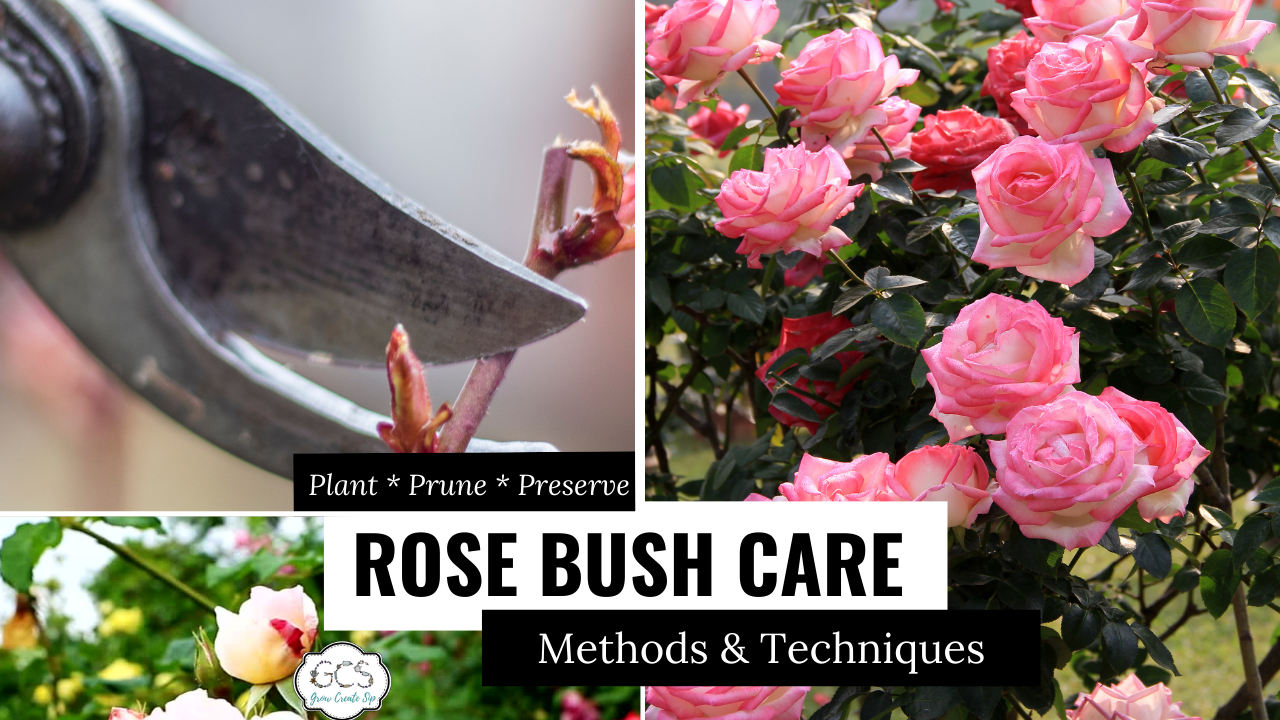What is the right name for it—coneflower or echinacea?
The answer is both!
It's called a coneflower, the name given for the cone-shaped portion of the flower. It's also sometimes called echinacea, the name derived from the Greek word “ekhinos” meaning sea urchin.
Whether you call it coneflower or...
We have used medicinal plants in healthcare for thousands of years. Studies have been conducted across the world to prove how good they really are, and most of the time, medicinal plants win the argument. Although we can’t always do without modern medicine, curing common ailments and illnesses is...
Did you know archaeologists have found rose bushes that are 1000 years old? And really, it's no wonder they're still a popular choice for gardens and budding horticulturists.
They have incredible scents, look gorgeous in a garden, and you can even eat them and add them to teas!
But learning the...
A hot cup of nettle tea is still a remedy for many ailments for many people. It's no surprise considering stinging nettle greens are rich in vitamins, minerals, and antioxidants.
Besides the health benefits, stinging nettles are really tasty.
But we can't ignore the fact that stinging nettles,...
We have been lied to about lavender. While many like to share that lavender was a biblical plant, unfortunately, those statements have been confused with another plant referred to as Spikenard. Spikenard is much different from the variety of spike lavender said to be the same plant as mentioned i...
Elderberries come in two varieties: American (Sambucus canadensis) and European black elderberry (Sambucus nigra). The American elderberry is smaller and grows to be 6 to 10 feet tall. The European elderberry can grow up to 10 feet tall.
The Sambucus elderberry grown in the United States produc...
We've all been there. Our new botanical seeds arrived in the mail, we planted them eagerly into the ground, and then... nothing. They don't sprout; they don't grow, and we're left wondering if our green thumbs have shriveled off.
Did you know, though, this happens because seeds naturally need to...
The Legal Stuff
This blog is provided by St. Fiacre's Farm LLC for informational purposes only. It does not constitute medical advice, and you should always seek the advice of a qualified healthcare provider for any medical questions or concerns.These statements have not been evaluated by the Food and Drug Administration. This product is not intended to diagnose, treat, cure, or prevent any disease. Please note that we may earn a small commission on any purchases you make through our affiliate links, at no additional cost to you. Thank you for your support!
















